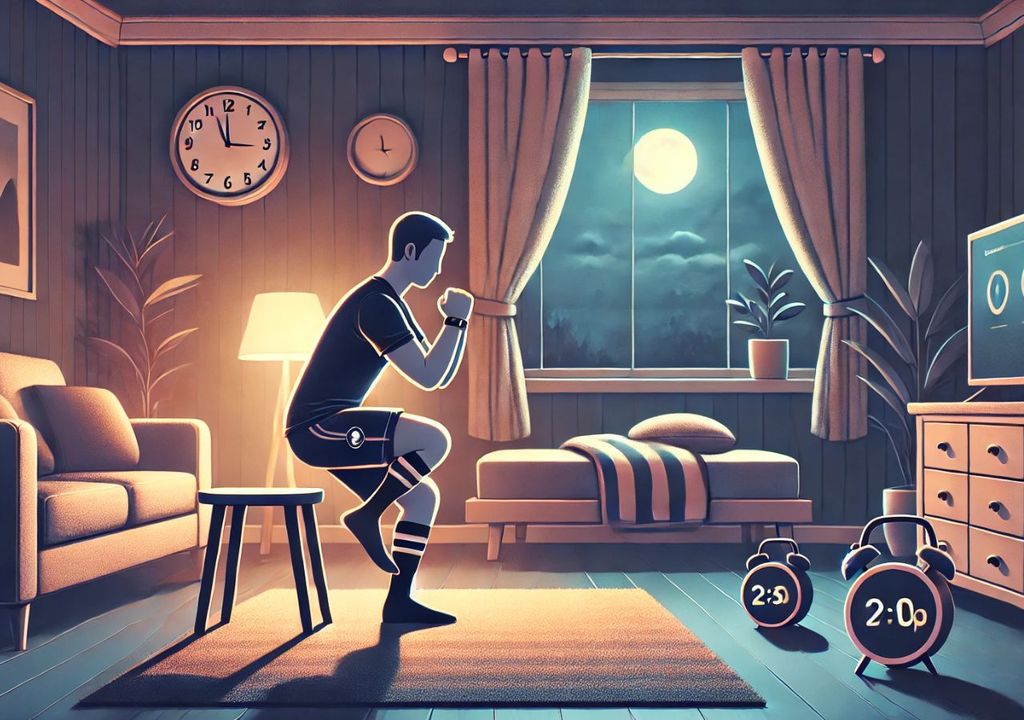Simple nighttime workouts could extend sleep by 27 minutes, say researchers
Simple nighttime workouts could extend sleep by 27 minutes, say researchers

Current guidelines advise against exercising before bed due to concerns it can disrupt sleep. However, such guidelines might be put to bed in the wake of a fresh research published in BMJ Open Sport & Exercise Medicine.
In the study, researchers suggest that brief resistance exercise breaks at night might actually improve sleep length, challenging the existing recommendations and opens new possibilities for enhancing sleep quality.
The study involved 30 non-smokers aged 18 to 40, all of whom reported over five hours of sedentary time during the day and two hours in the evening. Participants wore activity trackers continuously for seven days to record their physical activity and sleep patterns. They also logged any physical activity not captured by the tracker, such as swimming or yoga.
In the study, participants completed two four-hour sessions in a controlled lab setting on the same day of the week, separated by at least six days. In one session, participants remained seated for four hours. In the other session, they performed three minutes of resistance exercises every 30 minutes for four hours. These exercises included chair squats, calf raises, and standing knee raises with straight leg hip extensions, performed in time with a video demonstration.
Before the experiment, participants averaged 7 hours 47 minutes of sleep per night, with 10 hours 31 minutes spent sitting and nearly five hours engaged in vigorous physical activity daily. Most participants slept the recommended seven hours a night, while some slept less or more.
27 minutes more sleep
The results, based on 28 participants, showed that after the activity breaks, participants slept an average of 27 minutes longer compared to when they remained seated. On average, they slept for 7 hours 12 minutes after activity breaks, versus 6 hours 45 minutes after prolonged sitting. Despite similar bedtimes, participants woke later after the activity breaks, averaging 8:06 am compared to 7:35 am after sitting.
It's also worth noting that there were no significant differences in sleep efficiency or the number of night awakenings between the two interventions, indicating that the activity breaks did not disrupt sleep. On top of this, there were no significant differences in activity patterns in the 24 hours following each intervention.
Nevertheless, the researchers acknowledge the study has limitations, including its small sample size and the laboratory setting, which may not accurately reflect "real-life behaviour".
It's not so surprising then that they've called for further research involving larger numbers of participants in their normal home environments over longer periods.
Despite the study's limitations, the researchers said the results merely "add to a growing body of evidence that indicates evening exercise does not disrupt sleep quality" despite current sleep recommendations to the contrary.








